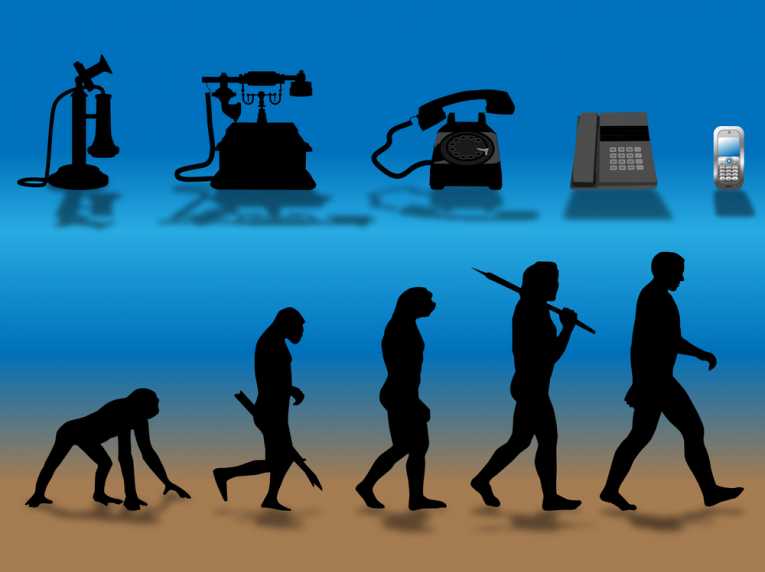Evolution is one of those things that you either believe in or you don't and recent research indicates that more than half of US public school science teachers are not strong advocates of evolutionary biology.
Penn University scientists showed that only about 28% of High School Biology Teachers consistently implemented National Research Council recommendations calling them to introduce evidence that evolution occurred, and planned lessons showing that evolution is the unifying theme that links disparate topics in biology
Worryingly, they also found that about 13% of biology teachers ''explicitly advocate creationism and intelligent design by spending at least one hour of class time presenting it in a positive light.'' Many of these teachers refuse to consider the possibility that scientific methods can shed any light on the origin of the species.
This is in spite of 40 years of court cases that have ruled that teaching creationism or intelligent design is a violation of the US Constitution.
The Penn University researchers believe that one solution might be to introduce a mandatory undergraduate course for all prospective teachers, with frequent refresher courses for teachers who are in post.
Writing in the journal Science, Michael Berkman and Eric Plutzer, both professors of political science at Penn University, bewail the fact that a considerable amount of research is showing that supporters of evolution, scientific methods and reason itself are losing battles in America's classrooms.
Having considered the teachers who are either in favour or are bitterly opposed, the two professors dubbed the remaining teachers ''the cautious 60%''. These teachers are neither strong advocates of evolutionary biology, nor are they explicit endorsers of non-scientific alternatives; they simply want a quiet life and to avoid controversy.
It was discovered that these teachers used one or more of three strategies to fudge the issue. Some teach evolutionary biology as if it only applies to molecular biology, thus ignoring the opportunity to impart a rich understanding of the diversity of species and evidence that one species gives rise to others.
Other teachers rationalise the teaching of evolution by telling their students that the knowledge is necessary in order for them to pass their examinations, but it doesn't matter if they really believe it as long as they know it for the test.
The third ''fudge'' is for teachers to expose their students to all positions, scientific and otherwise and then tell them to make up their own minds.
The researchers feel that this last strategy is particularly unfortunate because it suggests to students that well established scientific concepts are open to debate and are of no more significance than personal opinions.
The two professors conclude that in failing to explain the nature of scientific inquiry, this cautious 60% undermine the authority of established experts and legitimise creationist arguments. As a result they do far more harm in hindering scientific literacy in the United States than a much smaller number of explicit creationists.
A sound scientific education is necessary in any democracy, but with as many as 25% of American high school students taking biology, this is at risk.










